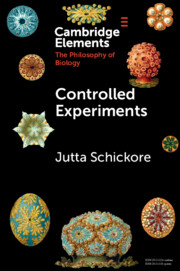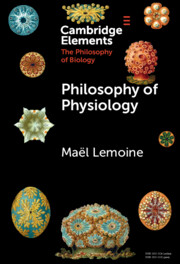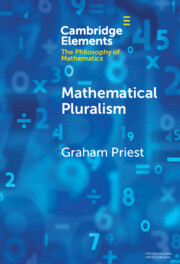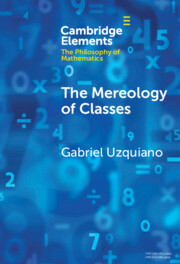Controlled Experiments
Control is a key ingredient of scientific experimentation; arguably, an uncontrolled intervention or manipulation is not even a genuine experiment. Experiments in the life sciences, however, are notoriously difficult to control due to the complexity and variability of living things. This Element discusses general features of controlled experimentation, epistemic and practical aspects, and historical perspectives. It argues that controlled experimentation has a material-technical and a conceptual side. It shifts the focus from control experiments, comparisons with a control, to the broader issue of controlling for background factors as the epistemologically fundamental issue in experimentation. To understand the nature of controlled experimentation, one needs to consider the making – the design phase – of controlled experiments, particularly the conceptualization and treatment of background factors. The making of controlled experiments is at the same time constitutive for the knowledge that can be gained in the experiment, contingent on a research situation, and historically shaped.
Product details
January 2025Hardback
9781009494793
68 pages
229 × 152 × 6 mm
0.265kg
Available
Table of Contents
- 1. Introduction
- 2. Perfectly controlled experiments and the pragmatics of experimental control
- 3. Background factors
- 4. Historical perspectives on controlled experimentation
- 5. Control strategies in longue Durée
- 6. Making controlled experiments
- 7. Understanding experimental control Epistemologically, Pragmatically, and Historically
- References.






